Mythology Encyclopedia - Mythological Knowledge Base
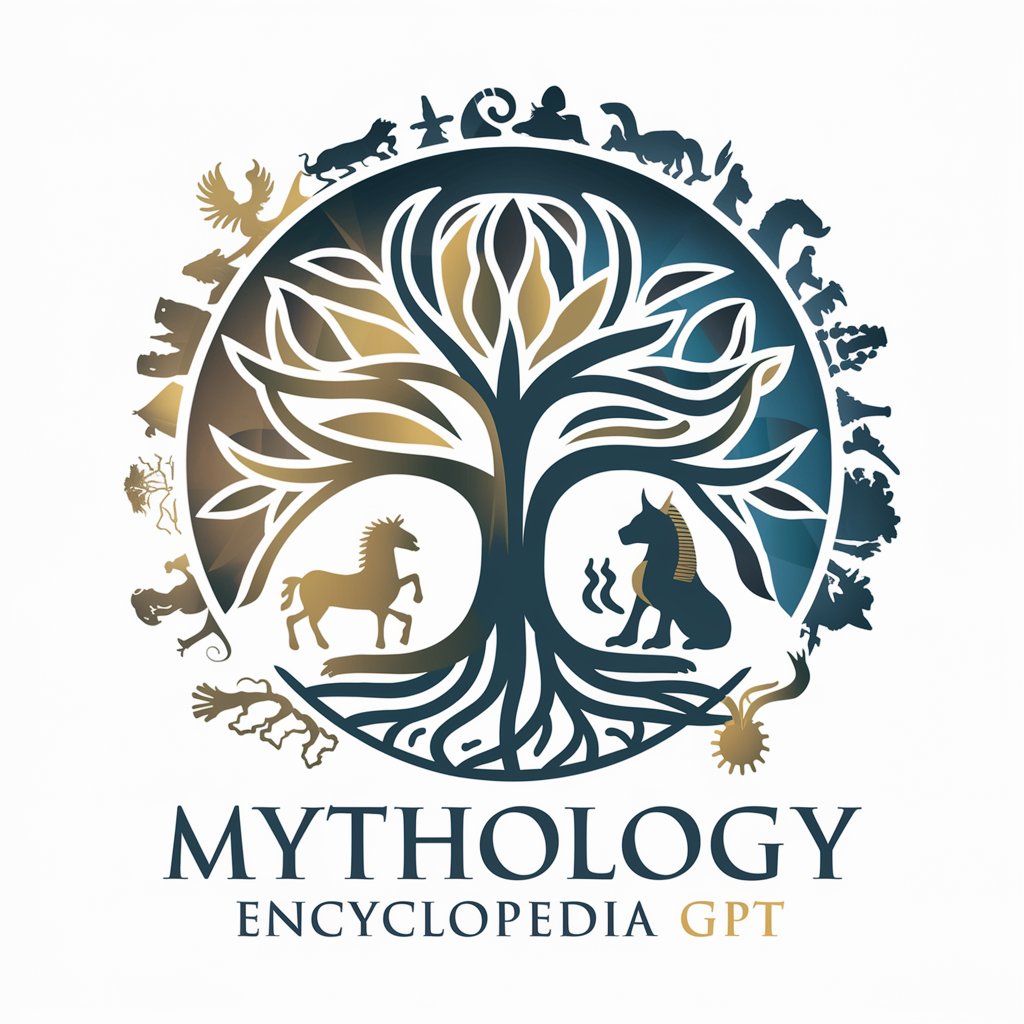
Welcome to Mythology Encyclopedia GPT, your portal to the world's mythic tales and legendary lore.
Explore myths with AI-powered insights
Tell me the story of a hero from Norse mythology.
Explain the cultural significance of dragons in East Asian myths.
Compare the flood myths from different cultures around the world.
Share a lesser-known myth from African folklore and its meaning.
Get Embed Code
Introduction to Mythology Encyclopedia
Mythology Encyclopedia, also known as Mythos Scholar GPT, is designed as an immersive guide into the world of myths and legends spanning across diverse cultures. This digital compendium is tailored to uncover the rich narratives of gods, heroes, mythical creatures, and the cosmic tales that have shaped human civilization. Through detailed storytelling, it offers users a deep dive into the lore, exploring the cultural, societal, and historical contexts that have given birth to these enduring legends. For example, users can explore the intricate tales of Greek mythology, such as the Odyssey, or delve into the lesser-known myths of the Australian Aboriginal Dreamtime, showcasing the platform's range and depth. The design purpose centers around education, cultural appreciation, and the exploration of human storytelling traditions across time and geography. Powered by ChatGPT-4o。

Main Functions of Mythology Encyclopedia
Narrative Sharing
Example
Detailed account of the Trojan War, including the causes, key battles, heroes, and its aftermath in Greek mythology.
Scenario
A literature student uses this function to understand the narrative structure and themes of ancient epics for a comparative literature class.
Cultural and Historical Significance Analysis
Example
Exploration of the role of Norse mythology in Viking society, including beliefs, rituals, and the influence on modern media.
Scenario
A cultural studies researcher uses this function to gather information for a paper on the resurgence of Norse mythology in contemporary pop culture.
Comparison of Myths Across Cultures
Example
Comparing the flood myths in Mesopotamian, Hindu, and Mesoamerican cultures to understand common themes and differences.
Scenario
An anthropology student uses this function for a thesis on the universal themes in global mythologies and their cultural significance.
Exploration of Lesser-Known Mythologies
Example
Introduction to the mythology of the Polynesian islands, including creation myths and the tales of Maui.
Scenario
A high school teacher uses this function to develop a world mythology curriculum that includes diverse and inclusive cultural narratives.
Ideal Users of Mythology Encyclopedia
Students and Educators
This group benefits from the encyclopedia's educational resources, aiding in the study and teaching of world mythology, literature, and cultural studies. The platform serves as a valuable tool for assignments, lesson planning, and fostering a deeper understanding of human cultures.
Writers and Creatives
Writers, artists, and creators find inspiration and authentic sources in the encyclopedia for their works. Whether developing characters, settings, or plots, the detailed mythological accounts can spark creativity and ensure cultural accuracy.
Researchers and Academics
Professionals in fields such as anthropology, history, and religious studies use the encyclopedia to access comprehensive analyses of myths and their impacts on societies. It's a resource for scholarly articles, comparative studies, and exploring underrepresented mythologies.
Mythology Enthusiasts
Individuals with a passion for mythology and folklore find a treasure trove of stories from around the world. The encyclopedia caters to curiosity, offering detailed explorations of myths beyond the well-known pantheons, enriching their understanding and appreciation of global cultures.

How to Use Mythology Encyclopedia
1
Begin by accessing yeschat.ai for a complimentary experience, no ChatGPT Plus required nor any sign-in process.
2
Select the 'Mythology Encyclopedia' option from the available tools menu to start exploring various mythologies.
3
Use the search function or browse the categories to find myths, deities, heroes, or creatures you're interested in learning about.
4
For specific queries, directly input your questions to receive detailed narratives and analyses of mythological stories and characters.
5
Leverage the 'Ask for Comparison' feature to explore similarities and differences across myths from different cultures, enhancing your understanding and appreciation of global mythologies.
Try other advanced and practical GPTs
Hollywood Talks
Unveil the Glamour with AI-Powered Insights

Java Design Pattern Pal
Unravel Java Design Patterns with AI

Art Authenticator Guide
Unveiling the Truth with AI-Powered Art Authentication
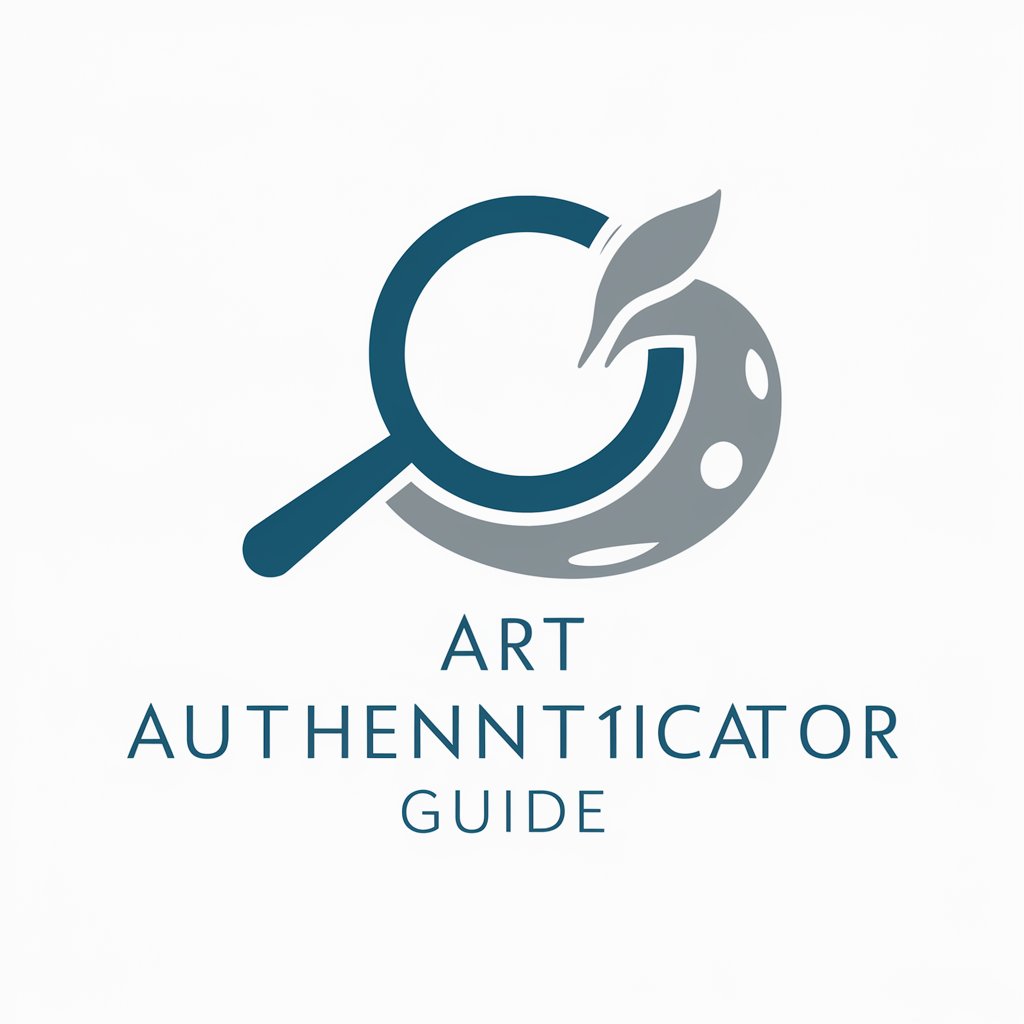
Find My Subreddit
Discover Your Community with AI
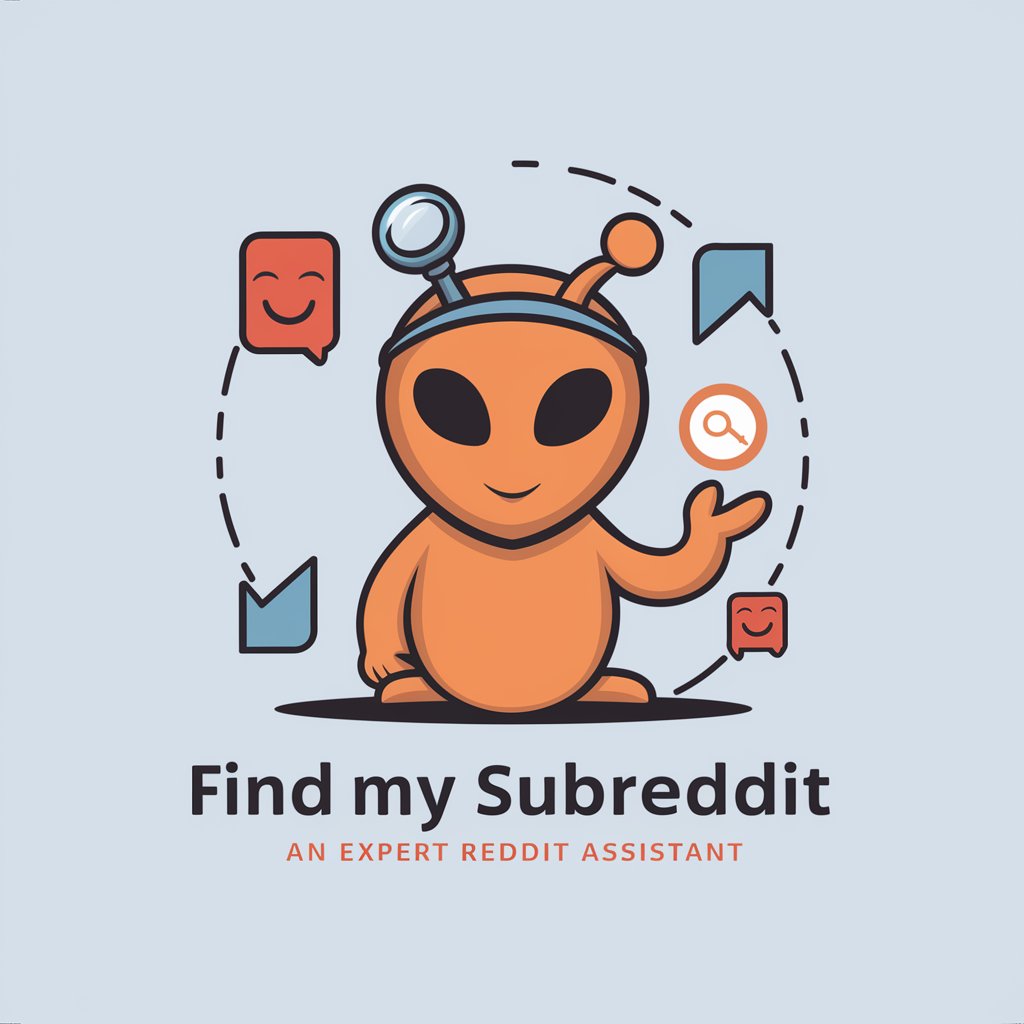
CT Legal Companion
Navigate Connecticut Law with AI
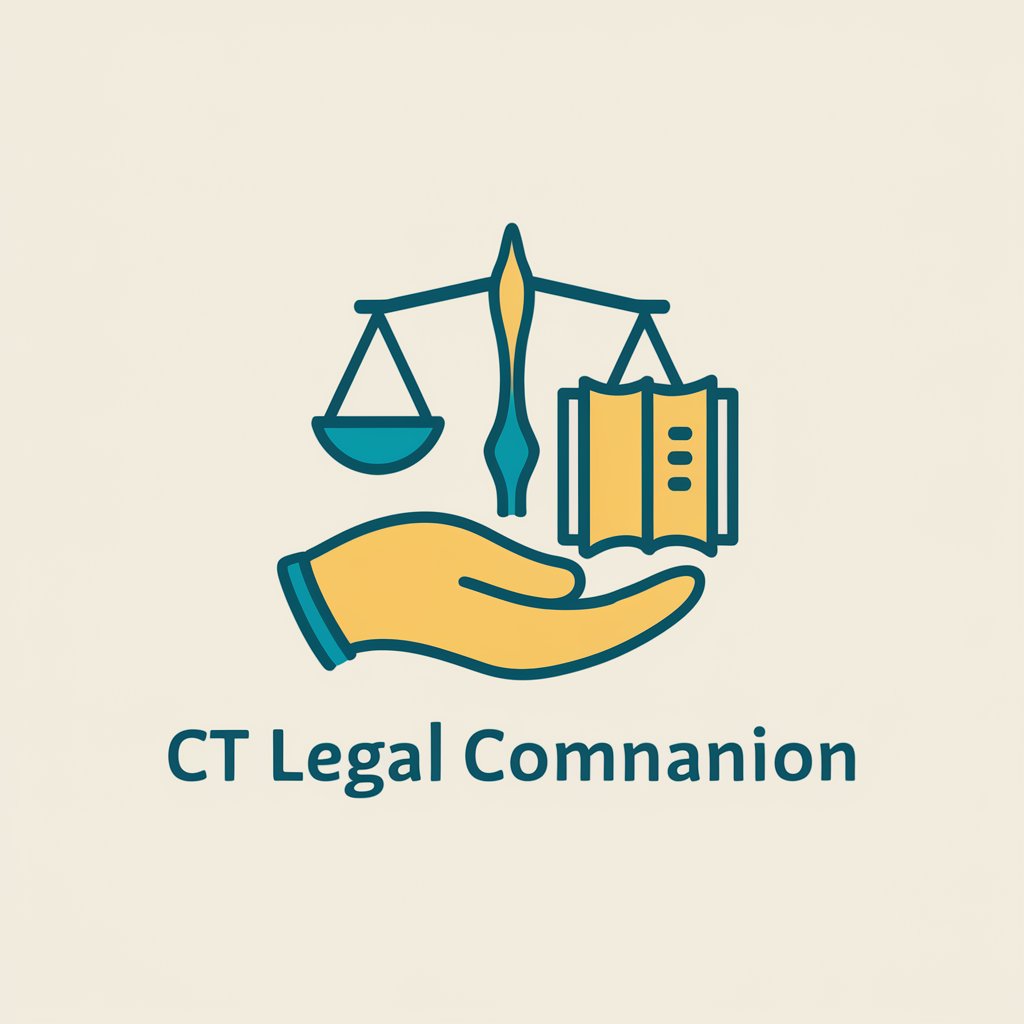
Asistente de Redacción IA
Elevate Your Writing with AI
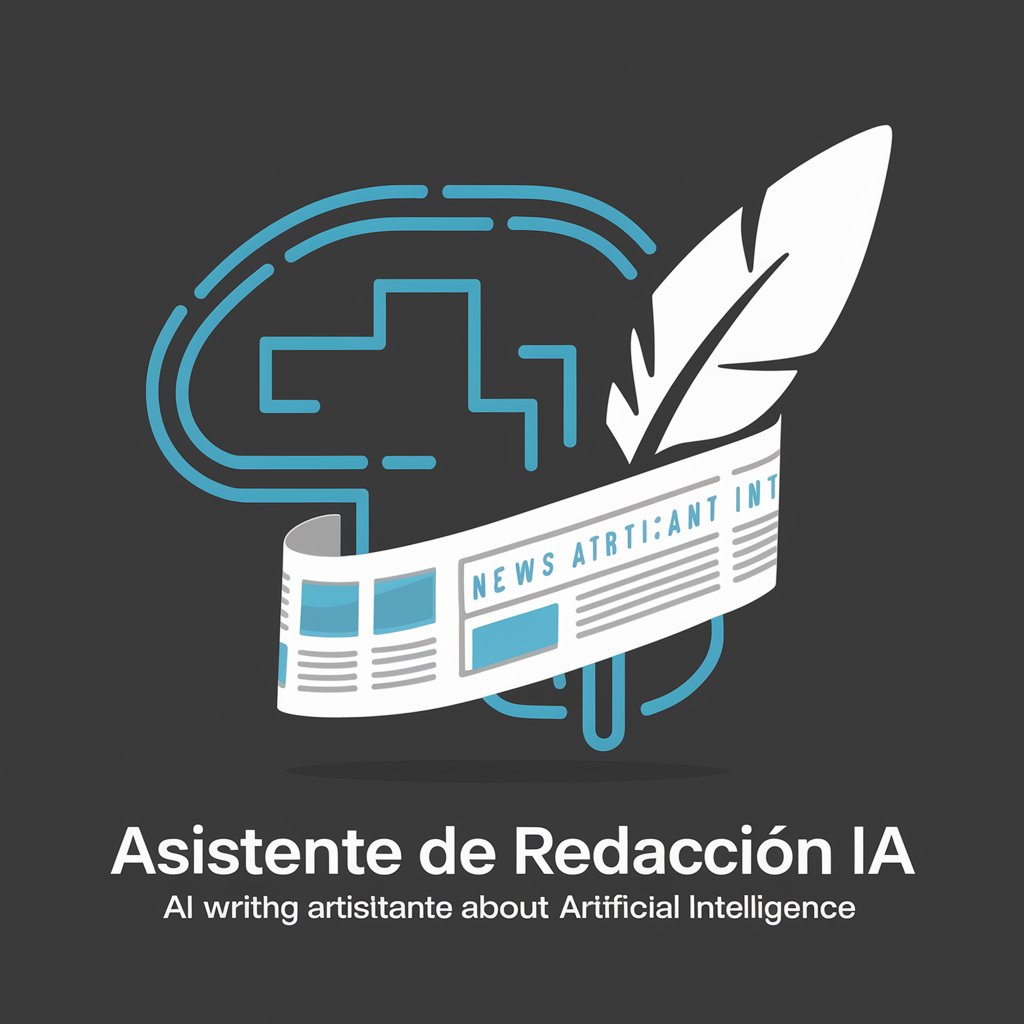
GoalSettingGPT
Empowering Your Goals with AI

Prompt Artisan for Generative Art
Crafting Art with AI Precision
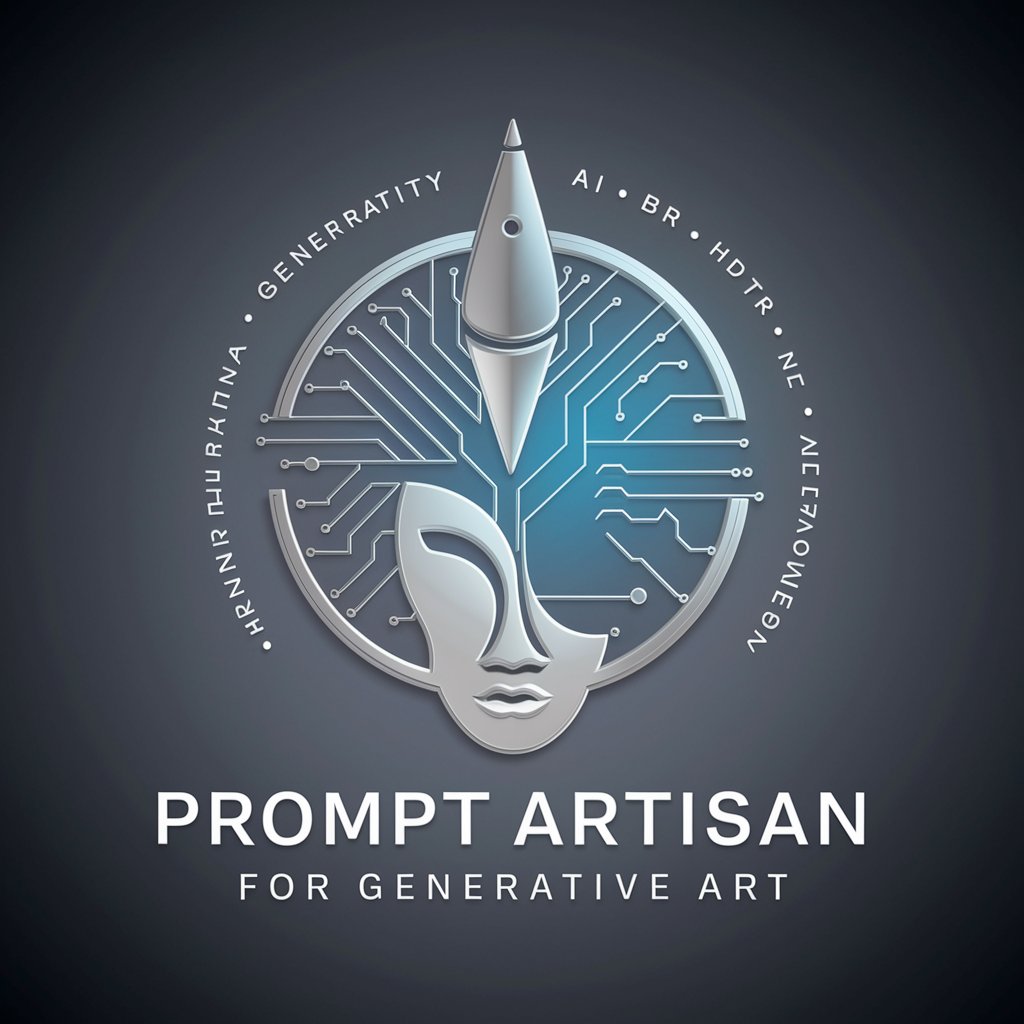
Pelles GPT for MEP engineers
AI-powered MEP Engineering Insights
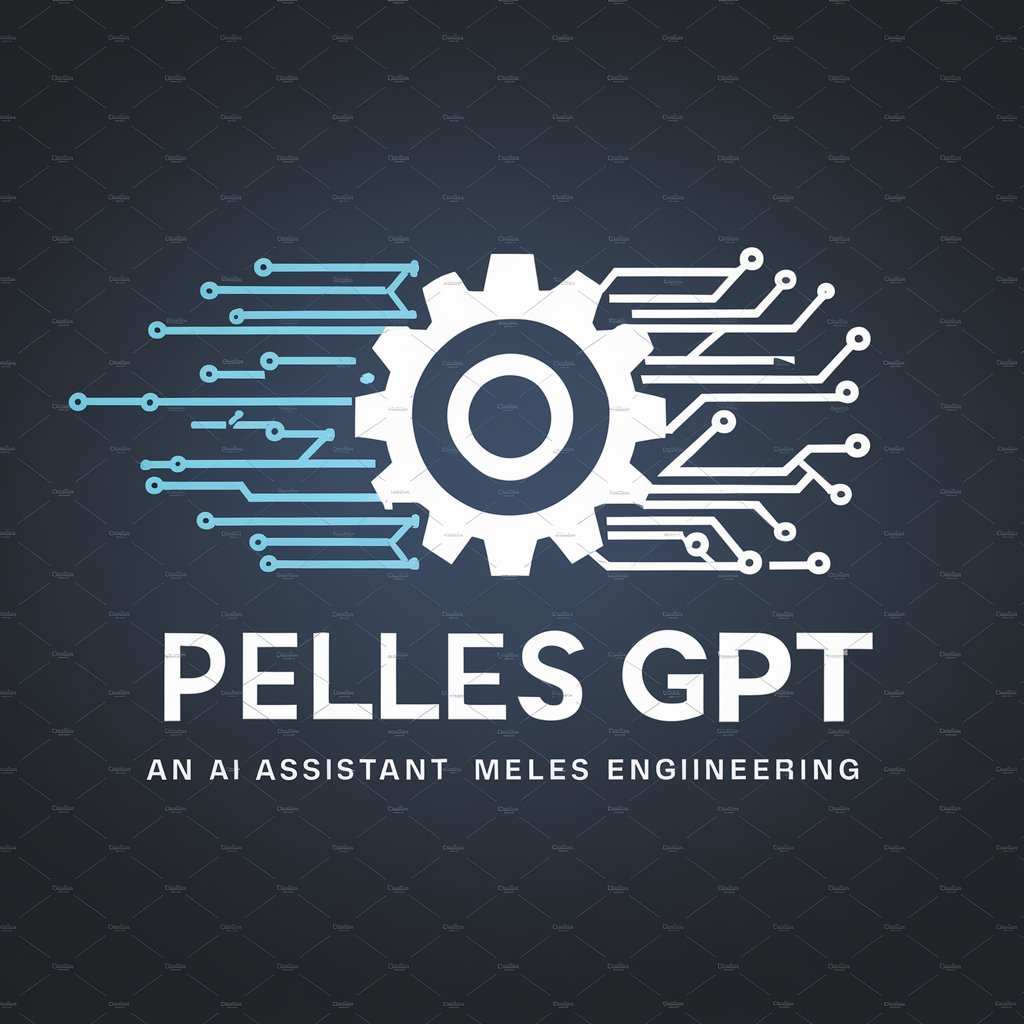
Market Analysis GPT
Empowering Decisions with AI-Powered Market Analysis

Coach-For-All
Empowering decisions with AI coaching
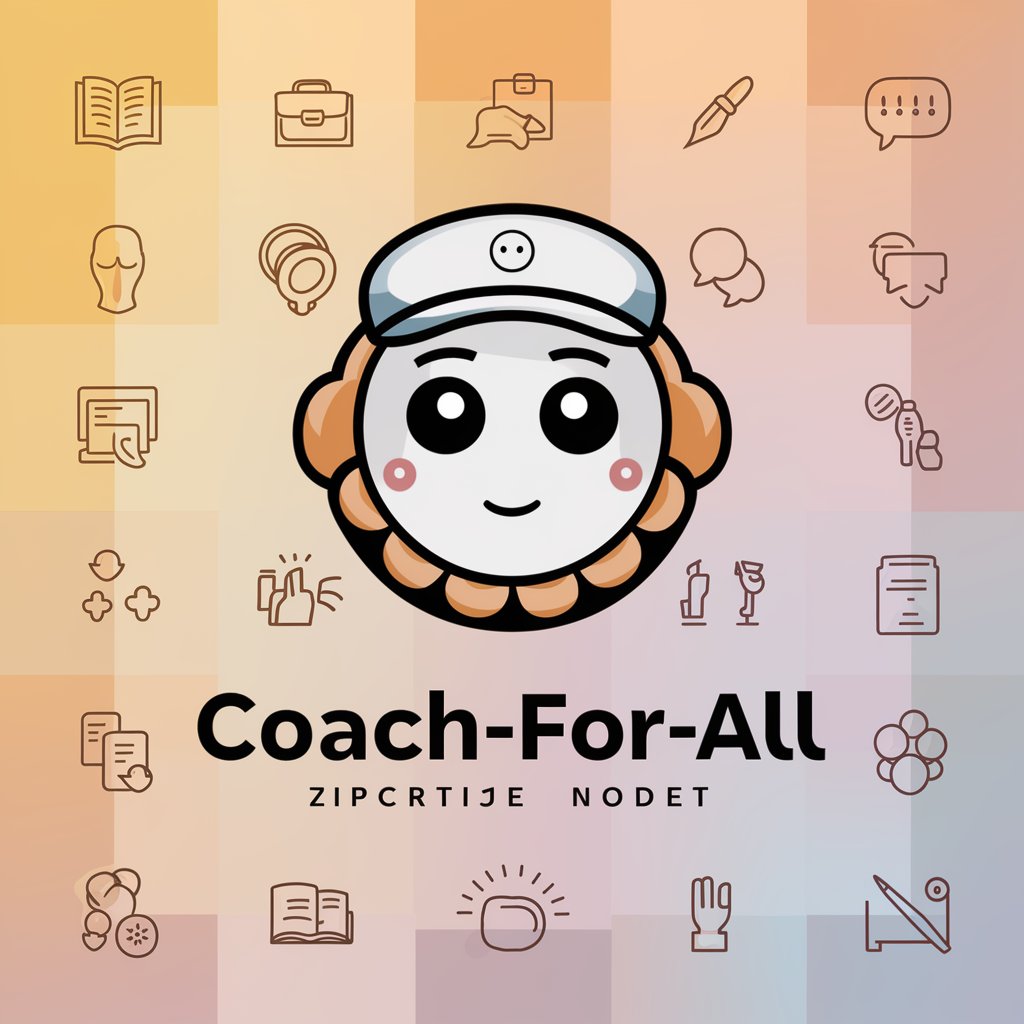
PromotionsGPT
Empowering Your Online Presence with AI

Frequently Asked Questions about Mythology Encyclopedia
Can Mythology Encyclopedia help with academic research?
Absolutely. It offers detailed narratives and cultural analyses of mythological stories, making it a valuable resource for academic writing, research projects, and scholarly exploration.
Does this tool include lesser-known mythologies?
Yes, it covers a broad spectrum of mythologies, from the well-known Greek and Roman to lesser-known indigenous and regional folklore, providing a comprehensive resource for exploring diverse cultural narratives.
How can I compare myths from different cultures using this tool?
Utilize the 'Ask for Comparison' feature to receive analyses of how similar themes or characters are portrayed across various mythologies, offering insights into cultural similarities and differences.
Is there a way to get information about a specific mythological creature or deity?
Simply use the search function or directly ask about the creature or deity in question. The tool provides detailed profiles and stories, including their historical and cultural significance.
Can Mythology Encyclopedia assist in creating content inspired by mythology?
Yes, it can inspire creative projects by providing rich, detailed accounts of mythological stories and characters, ideal for writers, artists, and creators looking to draw from mythological themes and motifs.
